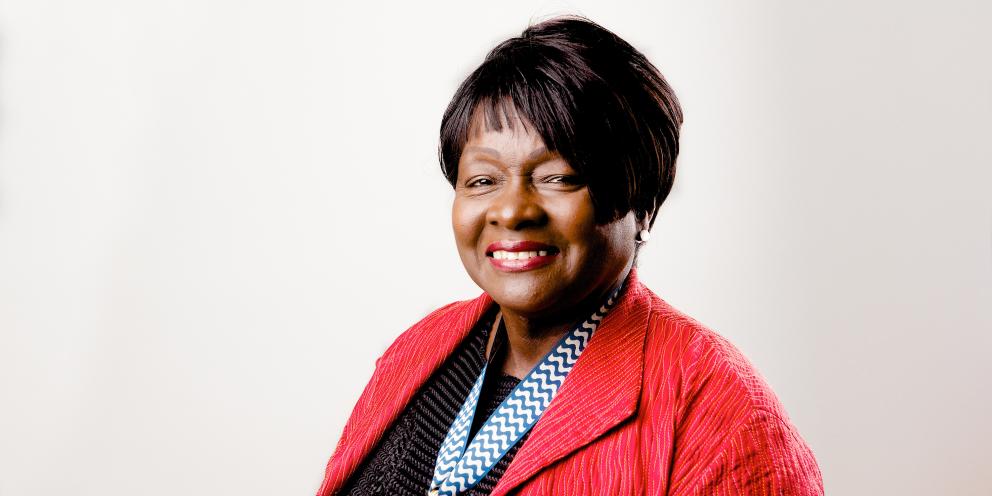The mayor of London Sadiq Khan is under pressure to take action over the capital’s “special needs timebomb”.
The London Assembly’s cross-party education panel, which holds the mayor to account on policy matters, said Khan should lobby the government for more high needs funding for the capital’s schools, more flexibility over finances for local authorities, and support for more special free schools.
The group also advised that a “pan-London SEND network” be set up to support the closer working of health, education and local authority leads in the city. Assembly members also want Khan to appoint a “SEND champion” at City Hall.
We call upon the mayor to use his powers in relation to social inclusion to influence the wider system across the capital
In 2017, around 204,000, or 14 per cent of all pupils in London had some level of special educational need or disability. This is 20 per cent more than ten years ago, and thousands more places for SEND pupils will be needed in the coming years, politicians have warned.
The education panel, whose report Together: Transforming the lives of children and young people with special education needs and disabilities in London is published today, warns that funding has not kept up with demand.
Council spending on high needs rose by 16 per cent between 2013-14 and 2016-17, while allocations from the government rose by just two per cent over the same period, the panel claims.
There are also concerns about a restriction on the amount of money councils and schools can cross-subsidise from their funding to their high needs budgets.

“There are examples of excellent practice around London that offer some hope and we need to look at how they might inform practice more widely,” said Labour assembly member and panel chair Jennette Arnold.
“But, we need to do more; we need a transformation in the levels and quality of support given to children and young people with SEND; and we need to lead a transformation in the way our children are seen by and reflected in society.”
Although the responsibility for meeting the needs of SEND pupils lies with the government and not with Khan, the mayor does have “convening powers and the ability to take a lead and inspire”, the panel said.
“We call upon the mayor to use his powers in relation to social inclusion to influence the wider system across the capital,” said Arnold. “In that context, we make a series of recommendations to the mayor about future action he may wish to take.”
A spokesperson for Khan said the mayor had already warned the government that “increasing pressure on local authority budgets and changes to the national funding formula will damage London schools and pupils, particularly those with special educational needs”.
“Providing quality support for these students is becoming more challenging with higher demand and fewer resources, so it’s vital that our local authorities and schools are given the funding they need to give our children and young people the best possible start in life.
“He continues to call on the government to suitably fund our education system and will consider the education panel’s recommendations in full.”
The schools-related recommendations
- Lobby the education secretary to provide real-terms funding increases per pupil with high needs, and allow councils “full flexibility” to transfer funding between between the schools and high needs block of the dedicated schools grant.
- Lobby the education secretary to work with the Greater London Authority and councils to create new special free schools where there is demand for SEND places.
- Convene a “pan-London SEND network” to support the closer working of health, education and local authority leads. The network would assess learning from the local area reviews and the transition of children and young people to EHCPs.
- Help primary schools prepare for the arrival of pupils by using a trial in Early Year Hubs to create a best practice template which uses the Early Years Foundation Stage (EYFS) profile to evidence any concerns about a child’s knowledge, understanding and abilities.
- Assess the viability of supporting the establishment of a dedicated centre for training SENCOs. Convene a high-level meeting with London’s teaching schools to discuss the plan.
- Profile schools which demonstrate excellent progress for SEND pupils in the mayor’s next education report.
- Convene a working group to assess the viability of supporting the creation of a showcase specialist playground and ways of adding accessible play equipment to local parks.
- Appoint a SEND champion at City Hall to ensure that the interests of children and young people with SEND, their parents and carers, play a part in shaping policy and services.








Your thoughts